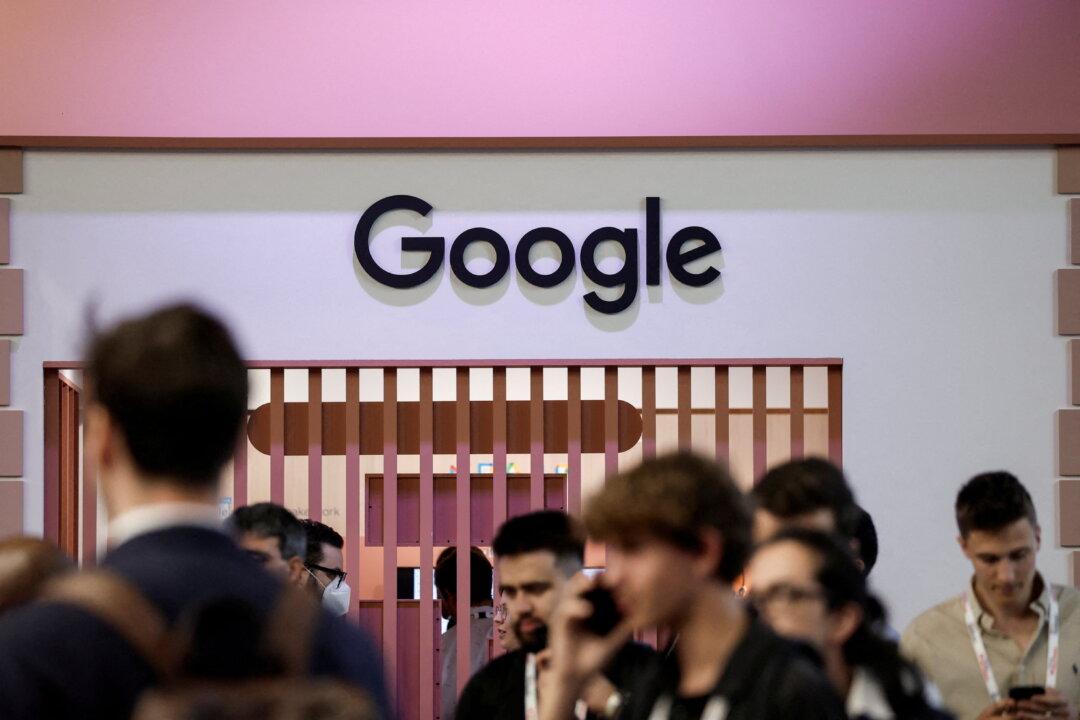Google’s second-quarter revenue from its search advertisements beat expectations, enabling parent company Alphabet to report revenues in line with market forecasts.
Alphabet’s second-quarter 2022 revenue from “Google Search & Other” came in at $40.69 billion, up 13.53 percent from second-quarter 2021 revenue of $35.84 billion. It also beat financial data firm FactSet’s estimates of $40.15 billion. Revenue from YouTube ads rose, from $7 billion to $7.34 billion, while revenue from Google Network increased, from $7.60 billion to $8.26 billion during this period, according to second-quarter results published on July 26.





